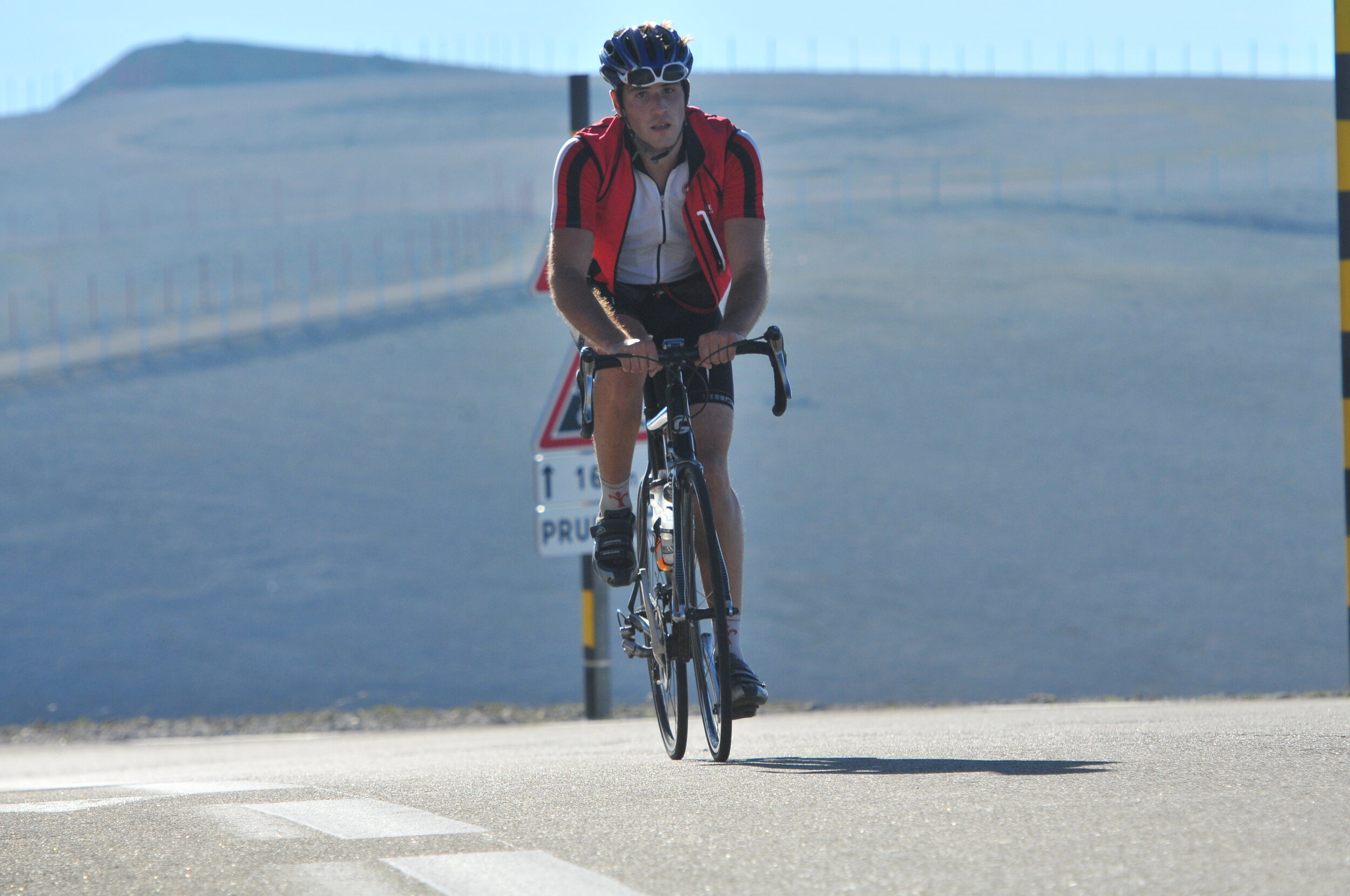Last week I shared with my athletes the confession of the American runner Mary Cain, who has revealed some pretty dark secret behind Nike’s Oregon Project - one of the most known and successful project for track and field. Once one the most talented and promising runner of her generation — after she joined the NOP — Cain had become victim of a system that put the winning-at-all costs philosophy at the top of their priorities. Cain and other athletes were pressed to become “thinner and thinner”, they were forced to weight themselves in front of the others, they were fed with meager meals and had to eat their ‘extra calories’ secretively. As a result, Cain developed osteoporosis, she lost her period for three years and had suicidal thoughts.
When I shared the video of Cain with my athletes there was some confusion. At a first glance, someone thought it was yet another article about doping. Someone else naively tried the argument that the NOP was a system where economical pressures were high and triathlon is hopefully clean. I repeat it again, this is NOT about doping and for what that that matters, no, triathlon isn’t clean.
Endurance sports are great activities. They improve health and cardiovascular fitness — if performed in the right way. But from my experience in sports (I raced for 15 years in alpine skiing then moved into rock climbing and alpinism for five and triathlon for eight), I can also say that they can develop more obsessions among their participants. The top one is always the one about nutrition — because there is the idea (established to some extents) that thin is always faster and better. And this is the one that that can result in eating disorders.
The images and the marketing campaigns of those brands that work in these industries and sports always show super lean athletes. If you go to any triathlon race (but most particularly to the “most expensive ones”), you are surrounded by people who looks healthy and fit. But are they really? And is this image the only one that should be pursued, particularly (but not only) from busy professionals and age groupers who are only training and racing as a hobby in the pursuit of physical health? The image you see here is been scouted in the free images archive of Squarespace at the voice “running”.
I decided to share my own experience with eating disorders, with the hope to help my athletes to realise that is not only the top-end of the elites who face the pressure and are proposed the model that skinny is fast. I had to work a great deal before finding out that nutrition is yes crucial in endurance sports, but it needs to be addressed in a humble and correct way. And the way to get there was not a walk in the park.
First duathlon in 2013. I was hungover.
First 70.3 in 2014. I overdid with the carb-load, but at least I kept the drinking for the post-race.
My own experience with eating disorders is not associated with triathlons. It started earlier, when I was around 9-10 years old. I was chubby and the other kids called me wild-boar. I was really affected by that bullying, so I bullied back. I punched and kicked one of them and sent him to the hospital. He clearly didn’t know why in boxing there are different weight categories. But after that episode he didn’t call me wild boar anymore and we became good friends.
That was not the end. Growing up in Italy, my mother and grandmother were of course over-feeding me (it sounds kind of sweet now, but it wasn’t back then), and probably with the wrong kind of food. I was mainly fuelled by Barilla and should have probably claimed some good shares in the company per each gram of spaghetti and penne I was given every day. But I was also sporty, strong and powerful and performed OK in alpine skiing and at school. So I guess, those polysaccharides did their job.
But the idea of being fat and being mocked by others had deeply rooted in my subconscious. During a school-trip in Côte d’Azur (high schools in Italy are the best by the way!), I was told by a girl that I looked fatter than my other classmates. So I start eating less and less and working out more and more. My mother noticed it and lost it. She was really upset and that didn’t help. But I felt better, so I kept on going. The girl ended up falling in love with me, but I refused the offer.
During those high-school years, my body weight and body composition kept going up and down. Sometimes I was skinny, sometimes I was gaining weight. Nothing dramatic, but the worse was around the corner.
When I was 19-20 years old I started to immerse myself in rock climbing and alpinism. I wanted to be a mountain guide and I was working my way to that career path. I had recently finished racing in alpine skiing and was strong and solid. My climbing friends were all skinny — and one of them was also the one who called me wild boar when I was a kid. He has always been the strongest one of all.
It seemed to me that they were eating anything they wanted. They were eating huge amounts of food and still be skinny, climb hard and be happy. I couldn’t. I had to be careful with anything I was ingesting or I would have immediately gained few kilos — and those kilos were feeling like rocks when I was climbing vertical walls or ice falls.
Climbing a pretty exposed and steep ridge. Do you spot us?
In the food-fire heated hut at 3,500+ of altitude. We were almost hit by a thunder and there were 40°C in the hut.
But in that period I had also heard of people struggling with food and developing disorders. One of the Italian strongest climbers of all times was notoriously known for only chewing his croissants in the morning. He chewed them and then spat them out. His brain thought it was getting sugars, but he tricked it and felt good he didn’t get those calories in. And he was still climbing the hardest routes ever climbed.
I became obsessed with my weight as never before and I became obsessed with the grade (the difficulty of the climbing ways) and started — slowly but surely — to starve myself into a deep, dark hole. When I was left alone after the death of my parents, well, that didn’t help at all. You may think this was the main trigger of my disorder, but it clearly wasn’t.
I remember those long days when I was alone in my flat, eating only a salad and spending the rest of the time days on the couch ‘resting’. And that was in between some tricky and dangerous ascents on the Alps, hard trainings on indoor walls and hikes with the skins or whatever we came up with. I never got to the point of vomiting what I was eating, but I always thought “wow, that’s another league!”
I was improving, that’s for sure, and over the course of a winter I progressed from the 6a to the 6c+ (if you know about climbing grades, that’s pretty good in a short period of time). But the cost of that came back with the interests. Not only was my body shrinking, but my performances started to plateau and I progressively lost strength. Most importantly, my mind and mood were paying the highest price. Without a healthy foundation of good nutrition, poor life choices, excessive drinking to counterbalance the effects of the low-energy intake and sorrows, I felt into a deep depression. I had suicidal thoughts and in some way I was trying to challenge the mountains I was climbing. In a way, I was provoking them to take my own life.
How did I survive that period? I was incredibly lucky. I met persons who cared about me and brought me out of that spiral without I even realised it. They guided me out of the darkness gently and politely, without interventions. And suddenly, when I looked back and realised what had just happened, it was quite a shock. But eating disorders, as well as depression, may always bites back (sorry for the word puns!).
When I started swimming and training triathlons I thought I was fat again. I had been drinking quite heavily following a break up, and I wanted to get back in shape. But because I knew what I went through before — and I still had a better support around me — I was clear I only wanted to do triathlons for fun, to play, and never get stressed about results and performance anymore.
But the more I was training, the more weight I was losing. Some friends, worried about my past, started to comment about my weight. “That’s too much now, eat some pasta or burgers!” I knew they were trying to help, but you see, that was the wrong way to do it. Even a small comment like that could have had a huge impact on a person that had dealt with eating disorders. Luckily, though, I was in a better place and could respond to it, without taking it personally as I would have in the past: “Oh man, shut up. You should have helped when you really needed to. Now it’s too late. Just kidding.” We both laughed and went to Burger King.
Long story short, I’m writing this because I know I am not the only person who had struggled with these kind of issues in the past. I hope that with these few words can protect those persons from comments and difficult moments whenever they will have to face them. I also hope that by sharing these thoughts people can become more careful about commenting on body weight, body shape and nutrition in general. Their intention may be positive, but it can really hurt other people. I also wish I can bring some more awareness on the fact that no, it’s not only high-performing environments and elite athletes that are affected by these situations.
Endurance sports have so many benefits — but only if we are nice to ourselves and don’t follow those risky obsessions that seem so intrinsic in their nature. And please, don’t buy into those marketing campaigns that are selling you the message that thin is fast and are only displaying photos of skinny and fit athletes. That is only what it supposed to be, that is marketing. And that, by definition is “the action or business of promoting and selling products or services.”
Their goal is not your health and wellbeing.









